
BU Research Centre CSSRC is celebrating its interdisciplinary and intersectoral research around ‘Novel Foods’ on Wednesday 2nd July June 2025, 3.15-5.00pm in DG234.
The Centre for Sustainable & Socially Responsible Consumption (CSSRC) invites you to attend its research event on Wednesday 2nd July 2025 to celebrate its interdisciplinary and intersectoral research around ‘novel foods’. After a welcome refreshment this interesting, interactive and informative event will comprise of two topical presentation sessions, each led by a member of CSSRC, as outlined below. Opportunity for discussions and networking over drinks and nibbles after the talks will round off the event.
Session 1: Timing, Fatigue, and the Message: Advertising Strategies for Insect-Based Foods
Dr Guljira Manimont will present this session, introducing her research on advertising and consumer perceptions of insect-based foods. These foods are often described as the future of sustainable eating. They are packed with nutrients, environmentally friendly, and a strong alternative to traditional protein. But despite these benefits, most consumers in Western markets still say… no thanks! From an advertising perspective, this presents both a valuable opportunity and a significant challenge: how can we communicate their benefits in ways that effectively encourage consumer engagement? Her recent work investigates not only the content of advertising messages—such as health, social, or environmental benefits—but also the importance of message timing and cognitive depletion on consumer receptiveness on messages. Dr Manimont will share findings from two experimental studies in Australia and the USA, showing how message framing interacts with mental state and timing to influence responses to edible insects.
Session 2: Farm Under Water
Dr Anastasia Vayona will present this session and introduce her work around seaweed as a food. This talk will discuss her recent outreach collaboration with Avonwood Primary School during the ESRC Festival of Social Science, aimed at raising awareness of edible seaweed as a nutritious and sustainable food source. She engaged pupils in understanding its ecological importance through interactive activities, including the concept of underwater farming—integrating seaweed, fish, and shellfish to promote environmental health and food security. Pupils also had the chance to taste seaweed-based treats, creating a tangible link between marine science and everyday life. She will discuss the educational, environmental, and gastronomic dimensions of this initiative.
Provisional Timetable:
3.15-3.30pm – Welcome refreshments
3.30-4.30pm – Presentation sessions
4.30-5.00pm – Discussion, networking and refreshments
This is a free event, but you must register to attend via Eventbrite: https://www.eventbrite.co.uk/e/a-celebration-of-novel-food-related-research-tickets-1372631601069?aff=oddtdtcreator
About CSSRC
The Centre for Sustainable & Socially Responsible Consumption (CSSRC) aims to promote and advance the understanding of sustainable consumption and socially responsible consumption through developing and delivering internationally renowned research. It provides a hub to explore and address topics that are currently globally relevant, through utilising a strong interdisciplinary focus. Webpage: https://www.bournemouth.ac.uk/research/centres-institutes/centre-sustainable-socially-responsible-consumption
 Working with our long-term research paper Green Tara Nepal (GTN) and funded by The United Nations Trust Fund (UNTF) through Nepal Disabled Women Association (NDWA), we have been involved in InPAV. This project included a situation analysis of the existing government setup One-stop Crisis Management Center (OCMC) to understand the inclusiveness of the OCMC services for girls and women with disabilities. The paper just accepted was part of this research.
Working with our long-term research paper Green Tara Nepal (GTN) and funded by The United Nations Trust Fund (UNTF) through Nepal Disabled Women Association (NDWA), we have been involved in InPAV. This project included a situation analysis of the existing government setup One-stop Crisis Management Center (OCMC) to understand the inclusiveness of the OCMC services for girls and women with disabilities. The paper just accepted was part of this research.
 The Acquired Brain Injury Rehabilitation and Adult Neuropsychology Services in Dorset are having their 25 years anniversary which they are celebrating with this conference held in Bournemouth University.
The Acquired Brain Injury Rehabilitation and Adult Neuropsychology Services in Dorset are having their 25 years anniversary which they are celebrating with this conference held in Bournemouth University.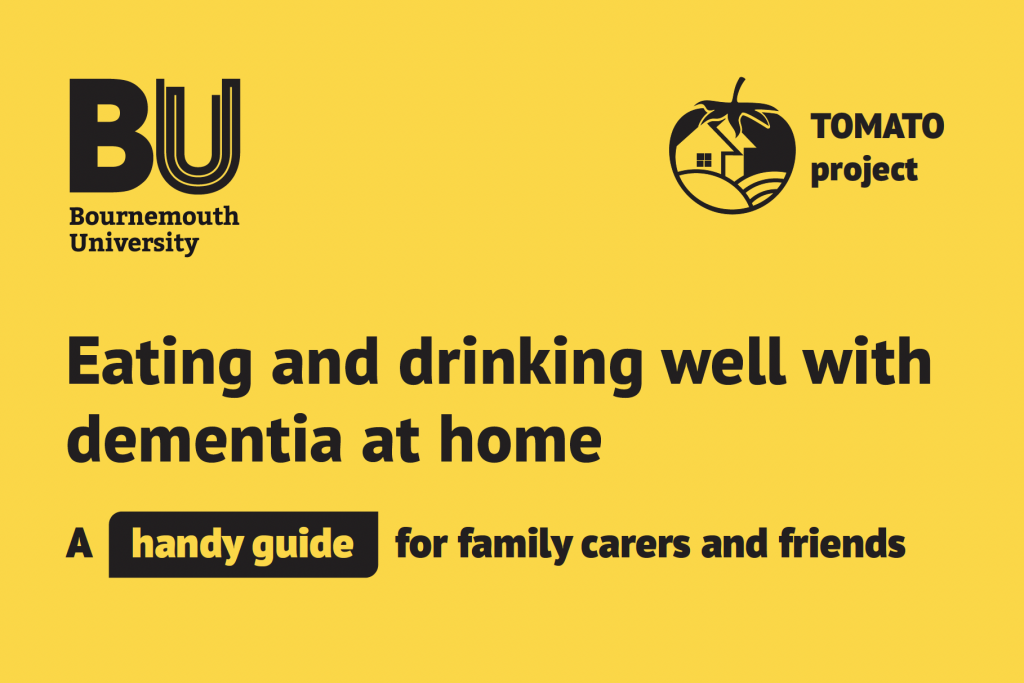
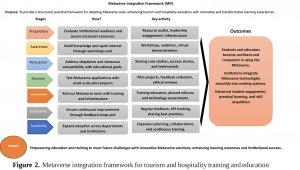



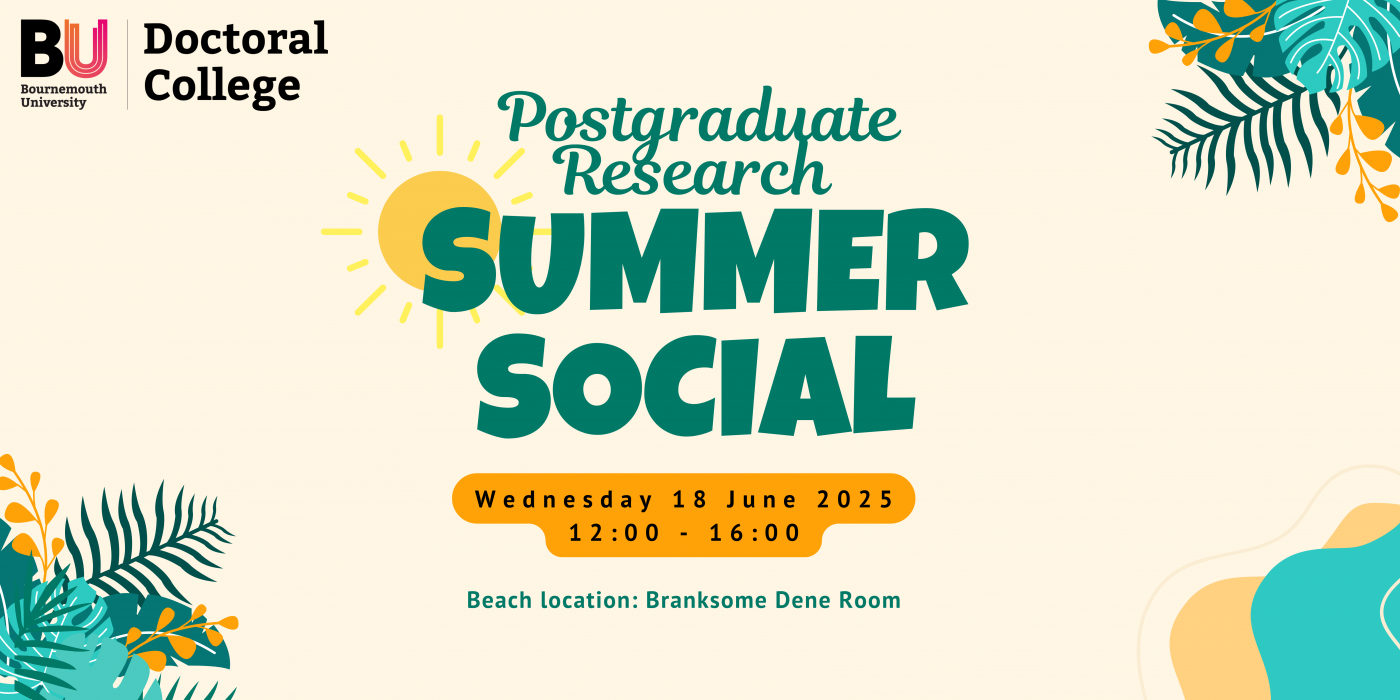





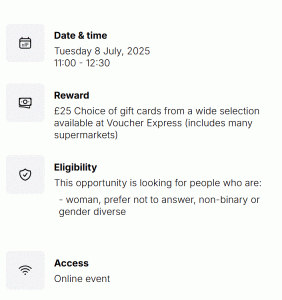

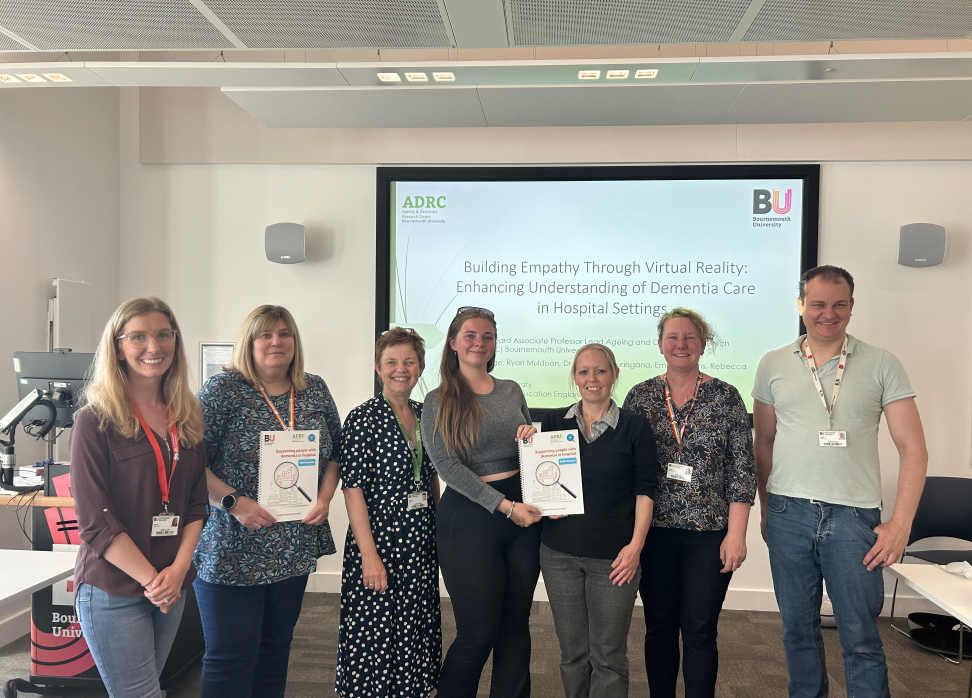
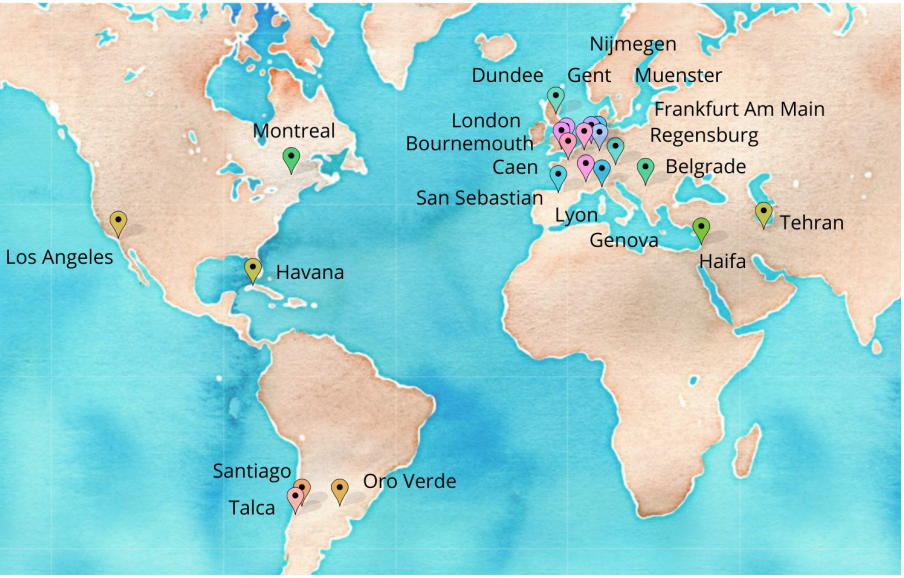











 Writing policy briefs
Writing policy briefs Upholding Excellence: The Concordat to Support Research Integrity
Upholding Excellence: The Concordat to Support Research Integrity Today’s Documentation Will Serve Tomorrow’s Justice
Today’s Documentation Will Serve Tomorrow’s Justice Up2U: New BU academic publication
Up2U: New BU academic publication New BU midwifery paper
New BU midwifery paper ECR Funding Open Call: Research Culture & Community Grant – Application Deadline Friday 12 December
ECR Funding Open Call: Research Culture & Community Grant – Application Deadline Friday 12 December MSCA Postdoctoral Fellowships 2025 Call
MSCA Postdoctoral Fellowships 2025 Call ERC Advanced Grant 2025 Webinar
ERC Advanced Grant 2025 Webinar Horizon Europe Work Programme 2025 Published
Horizon Europe Work Programme 2025 Published Horizon Europe 2025 Work Programme pre-Published
Horizon Europe 2025 Work Programme pre-Published Update on UKRO services
Update on UKRO services European research project exploring use of ‘virtual twins’ to better manage metabolic associated fatty liver disease
European research project exploring use of ‘virtual twins’ to better manage metabolic associated fatty liver disease